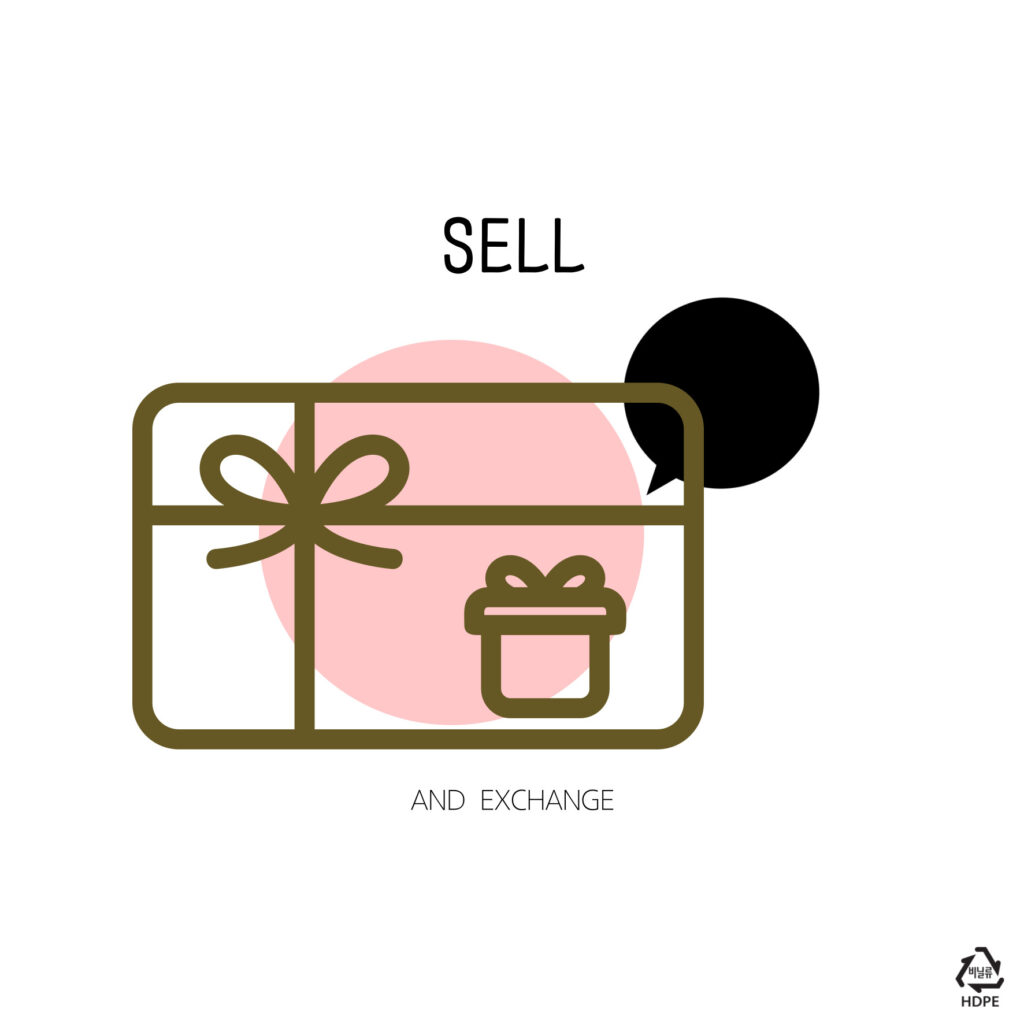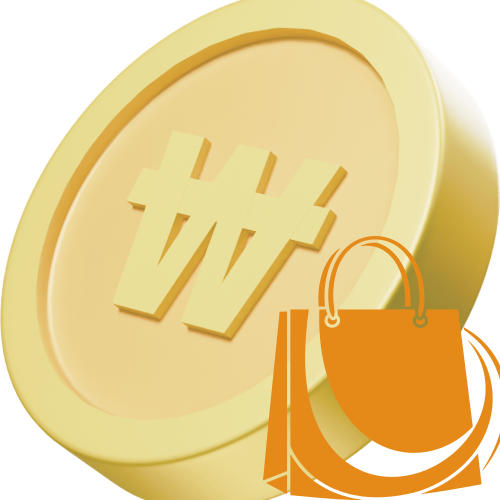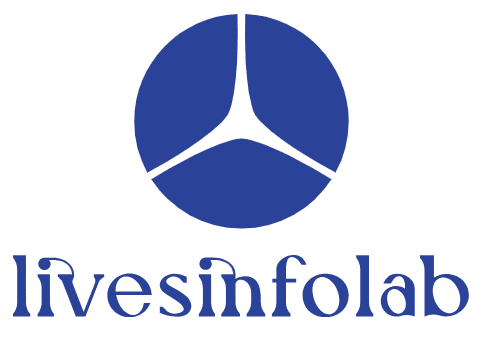
Gift cards ? You wouldn’t leave a stack of ₩50,000 bills sitting idle for months. Yet that’s effectively what many people do with unused gift cards, e-gift vouchers, and department-store certificates. In Korea, the question isn’t just “Can I turn these into cash?” but “Which ones can be sold or exchanged and which ones must not?” Getting that line right keeps you legal, protects your payout, and saves you from scams.
This guide gives you a practical, Korea-specific map of which gift cards are typically sellable, which ones are restricted by law, how department-store certificates work, where expired-card refund rules are heading, and how to execute a safe, compliant conversion from plastic (or code) to win. You’ll also see recent government actions and cases that show where regulators draw the boundary.
Start Here: Not Every “Gift Certificate” Is Sellable Under Korean Law
Before talking about rates or methods, confirm what type of instrument you’re holding. In Korea, private-brand vouchers (e.g., department store gift certificates, Cultureland/HappyMoney digital vouchers) are very different from public/community vouchers
Community-based/local vouchers
The Act on Promotion of Use of Community-Based Gift Certificates explicitly prohibits reselling these instruments and even bans asking a sales agency or merchant to exchange them for cash. Violations can draw sanctions.
Welfare or subsidy-type vouchers
The government has recently cracked down on attempts to convert subsidy-linked vouchers into cash. When such vouchers are cashed out, the amount can be clawed back and additional penalties may apply under the Subsidy Management Act. The Korea Times
Bottom line: if your voucher is community/subsidy-linked, do not try to sell or cash it out through brokers. If it’s a private-brand certificate or a mainstream digital voucher from a private issuer, conversion is often possible subject to issuer terms and consumer-protection rules.
Department-Store Certificates: Broad Usability, Clear Rules
Department-store certificates (e.g., Lotte, Shinsegae, Hyundai) are among the most flexible private vouchers. For example, Lotte Department Store gift certificates can be used across Lotte Department Stores, Lotte Outlets, Lotte Mart, and thousands of affiliates nationwide; denominations include ₩5,000 to ₩100,000. m.global.lotteshopping.com
Two practical points matter to consumers:
Where you can spend:
Department-store certificates are widely accepted within each corporate family and partner merchants. This breadth makes them easy to use directly (often the safest way to realize full value).
Change and refunds:
Retailers publish policies on giving change after you spend a threshold portion of a certificate’s face value; details can vary and evolve. Independent consumer articles sometimes summarize a “60/80” change rule (e.g., use over 60% on ₩10,000 certificates to receive the remainder in cash), but always verify the retailer’s current policy at the counter before you buy with a certificate. ipsnews.net
If your goal is speed and certainty and you already intend to shop, department-store certificates are often best used rather than sold. If you need cash rather than goods, read on for compliant approaches on gift cards.
(We’ll address 롯데백화점 상품권 현금화 in the next section when we discuss consumer-friendly, issuer-aligned ways to turn a department-store certificate into spendable won.)
Digital Vouchers (Cultureland, HappyMoney): High Liquidity with Guardrails
Korea’s digital gift cards voucher ecosystem, especially Cultureland and HappyMoney, is designed for broad online usage (content, shopping, mobility, etc.). These products are widely accepted and, critically for liquidity, they integrate with mainstream platforms (e.g., using balances to top up partner gift cards wallets or spend at affiliated marketplaces). Issuers publish validity windows and usage restrictions; example product pages note validity periods and where balances can be checked and used.
What this means for consumers:
If you plan to spend online, load the voucher to the issuer’s account/app and use it for everyday items.
If you need cash, rely on issuer-aligned methods and registered buyback channels; avoid ad-hoc brokers.
Recent media coverage shows that Cultureland-type gift cards vouchers remain among the most popular for fast liquidity in Korea partly because the ecosystem is mature and verification is robust. (Popularity ≠ carte blanche; you still must follow issuer terms and steer clear of prohibited instruments like community vouchers.) TechBullion
What’s Changing: Better Consumer Outcomes on Expired Certificates
A key pain point has been expired private vouchers. Regulators and industry have been nudging policies toward fairer outcomes; recent reporting indicated a move to increase expired gift-certificate refund rates to as high as 95% for qualifying denominations, reflecting consumer-protection priorities. Check the issuer’s current policy before assuming a loss on an older card. Why this matters: even if you missed the initial window, you may still recover most of the value through official reissue/refund processes. That’s safer than risking an unlicensed broker.
A Professional Way to Think About “Selling vs. Exchanging”
When people say they want to “sell” a gift card in Korea, they usually mean one of three things:
Use-to-cash (spend, then receive change) at a store that provides lawful gift cards change after meeting its threshold (department-store counters can confirm current rules). ipsnews.net
Issuer-aligned conversion (e.g., loading a Cultureland balance and moving it into an accepted wallet or platform where funds are functionally liquid). lifestyle.asiamiles.com
Selling to a registered buyback operator that clearly displays its business registration, fees 신용카드 현금화 수수료, dispute policy, and processing terms.
For department-store certificates, consumers sometimes use strategic purchase flows (buying items they already need, meeting the threshold for change, and effectively converting a portion to cash). If your use case is urgent liquidity rather than shopping, ask the counter to confirm its current change policy before purchase; do not rely on hearsay.
For Cultureland-type digital vouchers, the smoother path is typically to spend or issue-convert through official channels rather than third-party forums.
Compliance Snapshot: What Regulators Have Actually Done
Regulatory attention in 2024–2025 has intensified around distribution-market practices and mobile gift-certificate fees, with the KFTC levying fines and issuing corrective orders in cases involving unfair trade practices related to mobile gift certificate fees. That is a clear signal that authorities expect transparency and consumer fairness in voucher ecosystems. Maekyung
Separately, authorities have reiterated and enforced no-resale rules for public/community vouchers, and moved to ban merchant-to-merchant trades of Onnuri certificates to close arbitrage loops that harm policy intent. eLaw+1
Takeaway: If you stick to private-brand vouchers, follow issuer terms, and use registered channels, you’re aligned with the regulatory perimeter.
A Clear Example: Lotte Department Store Certificates Done Right
If you hold Lotte certificates and want liquidity:
First, check where you can spend: Lotte Department Stores, Lotte Outlets, Lotte Mart, and thousands of affiliates nationwide accept them. That breadth means you can likely use the certificate for routine purchases (groceries, home goods, apparel) and avoid any discount implied in a resale. m.global.lotteshopping.com
If you still need cash, visit the gift-certificate sales/CS desk to ask about change-back thresholds before paying. Change policies can differ by denomination and evolve; staff can detail current practice. ipsnews.net
Handled this way, you’re practicing compliant 롯데백화점 상품권 현금화 not by off-platform brokering, but by issuer-aligned usage and lawful change policies that protect consumers.

Case Studies (What Works and What Backfires)
Case 1 Digital voucher, fast liquidity:
A user loads ₩100,000 of Cultureland into their account, then routes value to a widely accepted partner wallet and pays utility and delivery bills over two weeks. The result: near-par realization with zero broker risk. (Issuer pages confirm where Cultureland balances can be used and checked.) lifestyle.asiamiles.com+1
Case 2 Department store certificate, practical cash:
A shopper plans a ₩130,000 essentials run at a Lotte outlet and presents two ₩50,000 certificates plus cash/card for the remainder. After crossing the store’s threshold for change on a third certificate, the shopper receives lawful change, converting part of the face value into won without any gray-market step. Always confirm that day’s policy at the desk. ipsnews.net
Case 3 What not to do with public vouchers:
A resident tries to resell a local community voucher via a broker chat room. The Act prohibiting resale of community-based gift certificates applies; enforcement actions and media coverage show government actively tightening controls. This path risks forfeiture and penalties. eLaw+1
Due Diligence Checklist (Copy/Paste)
Use this before any sale or exchange to minimize risk and maximize payout:
Identify the instrument: private brand vs. community/subsidy. (Community/subsidy: do not resell.) eLaw
Read issuer terms: validity, reissue/refund for expired cards, where balances can be checked/used. lifestyle.asiamiles.com
Prefer issuer-aligned routes: spend or convert within official ecosystems first. lifestyle.asiamiles.com
If selling, use registered businesses: look for business registration number, fee disclosure, dispute policy; be skeptical of “guaranteed 97–100%” claims. Kim Chang
Avoid gray-market chats: especially for community/subsidy vouchers prohibited. eLaw
Keep records: screenshots of balances, receipts, and any desk confirmations of change policy.
Pricing Reality: Why “Par” Is Rare
Private markets exist because buyers assume operational risk (verification, fraud screening, resale friction). That risk is the gap between face value and your payout. For private-brand department-store certificates, that gap can be small if you use the instrument directly and rely on change policies for liquidity. For digital vouchers, issuer-aligned usage/conversion typically beats ad-hoc “broker” sales on both safety and realized value. (If an offer sounds too good to be true, it is likely that regulators have fined players in the distribution space for unfair practices.) Maekyung
Where Korea’s Voucher Rules Are Heading
The policy direction is clear: consumer protection and transparency. You can see it in:
KFTC enforcement (e.g., fines tied to mobile gift certificate fee issues in franchise networks). Maekyung
Restrictions on public voucher resale and merchant-to-merchant trades to prevent arbitrage and abuse. Chosunbiz
Improved expired-voucher outcomes reported in 2025 coverage (higher refund ratios for qualifying denominations). 조선일보
For consumers, that’s good news: safer ecosystems, clearer disclosures, and better fallbacks if something goes wrong.
Putting It All Together: A Practical Playbook
Sort your stack: mark each as a private brand or community/subsidy. (If community/subsidy, plan to spend as intended; do not attempt resale.) eLaw
Check validity and issuer FAQs for refund/reissue on older cards; you may recover up to the newly reported levels for expired private certificates. 조선일보
Use first, sell second:
Department stores → plan a shop you already need; confirm change policy at the counter. ipsnews.net
Digital vouchers → load to issuer app and spend/convert within official rails. lifestyle.asiamiles.com
If you still need to sell, choose a registered operator with transparent fees and a dispute policy. Keep screenshots and receipts. Kim Chang
Follow this flow and you’ll convert idle plastic/codes into won while staying on the right side of Korean law.
A Note on Wording and Search Behavior (For Readers Finding Services)
Korean consumers searching for services often use commercial phrases such as 상품권 판매 when looking for buyback options. Keep in mind that legality depends on what you’re selling. Use that phrase only for private-brand instruments where resale is permitted under issuer terms and law.
If you see ads coupling 상품권 판매 with “near-100% payout,” treat them with caution; KFTC has acted against unfair or misleading distribution practices before, and legitimate services publish fees and policies clearly.
When in doubt, contact the issuer or a department-store CS desk first; many consumers ultimately realize full or near-full value through use plus change rather than third-party resale dressed up as 상품권 판매.
Final Word: Liquidity Without the Legal Headache
In Korea, there are excellent, compliant ways to unlock cash value from private-brand gift cards using department-store counters, issuer apps, and registered operators with transparent terms. There are also bright red lines around public/community vouchers and subsidy-linked instruments. Respecting those lines keeps you safe, keeps your payout intact, and keeps you from funding someone else’s “breakage” revenue.
Handle department-store certificates through official counters and planned purchases (verify change policies in advance). Treat digital vouchers as a spend-now or issuer-convert asset. Use registered businesses if you truly must sell. And remember: laws and store policies change so confirm details on the day you act, not weeks later.
If you want, tell me which cards you’re holding (brand, denomination, and issue date), and I’ll map the fastest use vs. exchange path that fits your situation Korea-specific, compliant, and focused on the most money back in your pocket.
